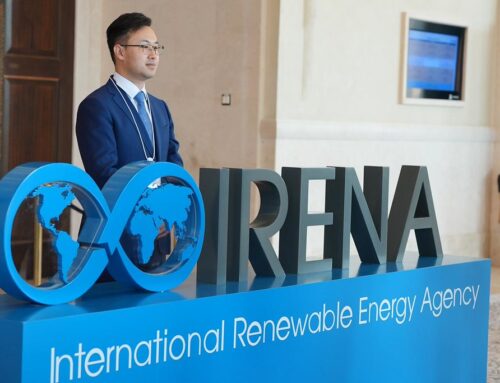Canadians Confront News Void on Facebook and Instagram as Election Nears
April 21, 2025
After Meta blocked news from its platforms in Canada, hyperpartisan and misleading content from popular right-wing Facebook pages such as Canada Proud has filled the gap.
Mark Carney was just days away from announcing his bid to lead Canada’s Liberal Party in January when his face popped up on a viral right-wing Facebook page.
Two photographs showed Mr. Carney, who became prime minister last month, at a garden party beside Ghislaine Maxwell, a convicted sex trafficker and former confidante of the disgraced financier Jeffrey Epstein. There was no evidence that Mr. Carney and Ms. Maxwell were close friends, and his team dismissed the pictures as a fleeting social interaction from more than a decade ago.
But they were perfect fodder for Canada Proud, a right-wing Facebook page with more than 620,000 followers. For days, Canada Proud posted about the images, including in paid ads that repeatedly said Mr. Carney had been “hanging out with sex traffickers.”
This type of online content — hyperpartisan and often veering into misinformation — has become a staple in the Facebook and Instagram feeds of Canadians as the country heads toward a crucial federal election on April 28. While such posts have become familiar in political campaigns everywhere, the content is especially prominent in Canada during its first-in-the-world, long-term news ban on Facebook and Instagram.
Meta, which owns Facebook and Instagram, blocked news from its apps in Canada in 2023 after a new law required the social media giant to pay Canadian news publishers a tax for publishing their content. The ban applies to all news outlets irrespective of origin, including The New York Times.
Search
RECENT PRESS RELEASES
Related Post




